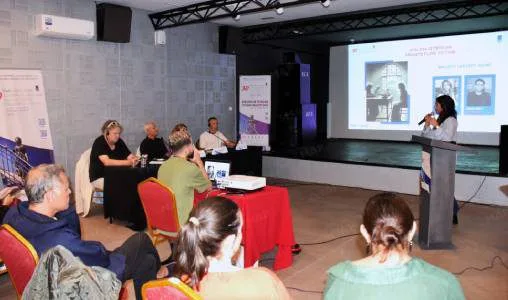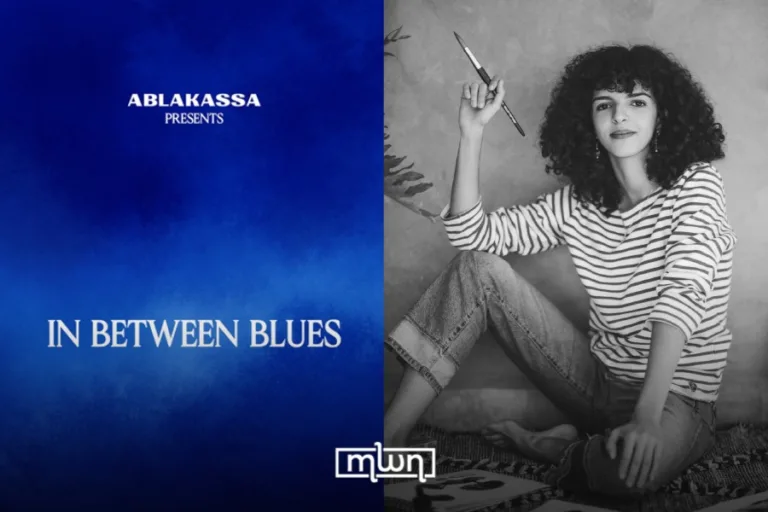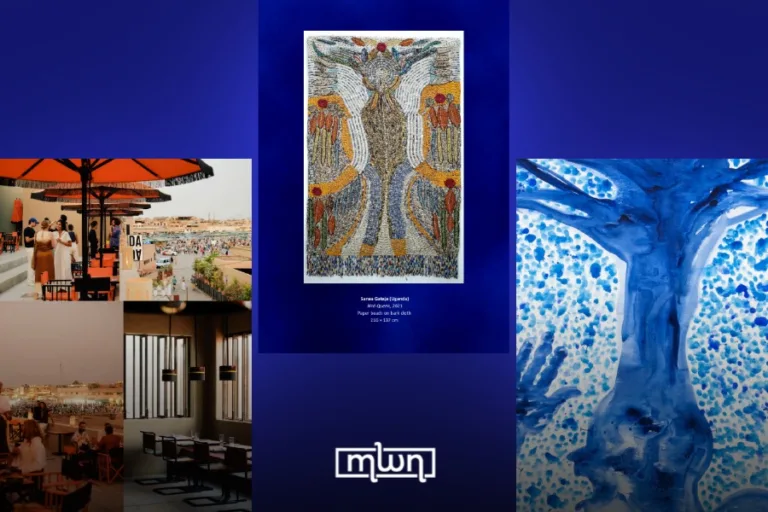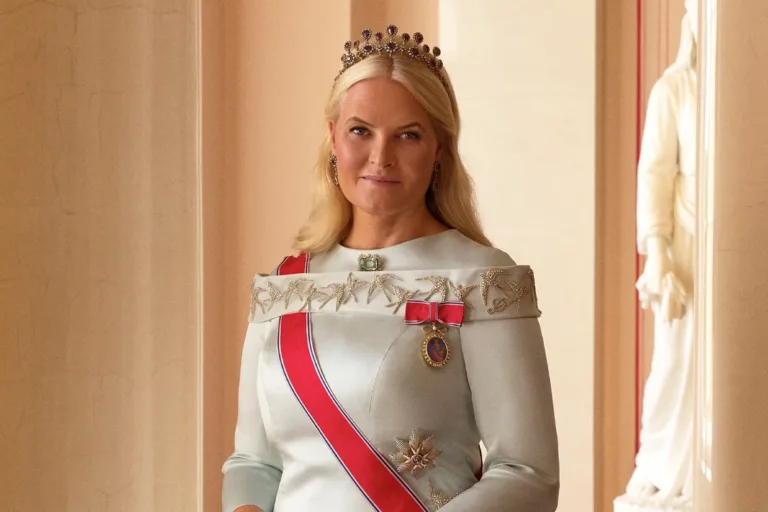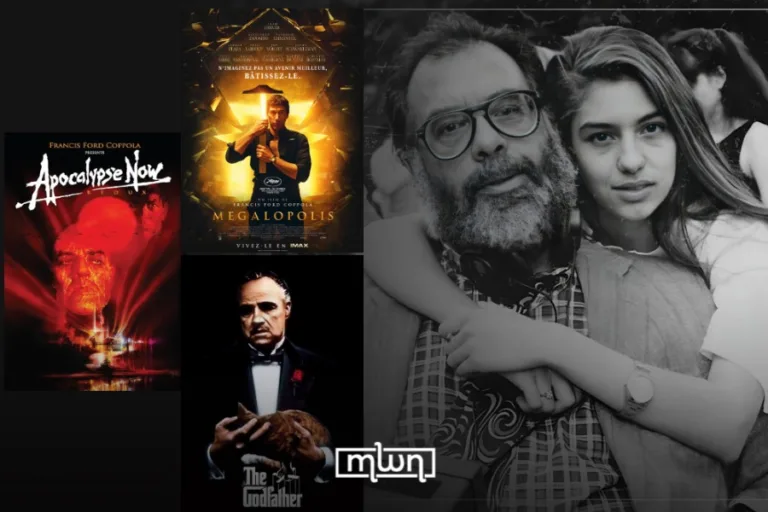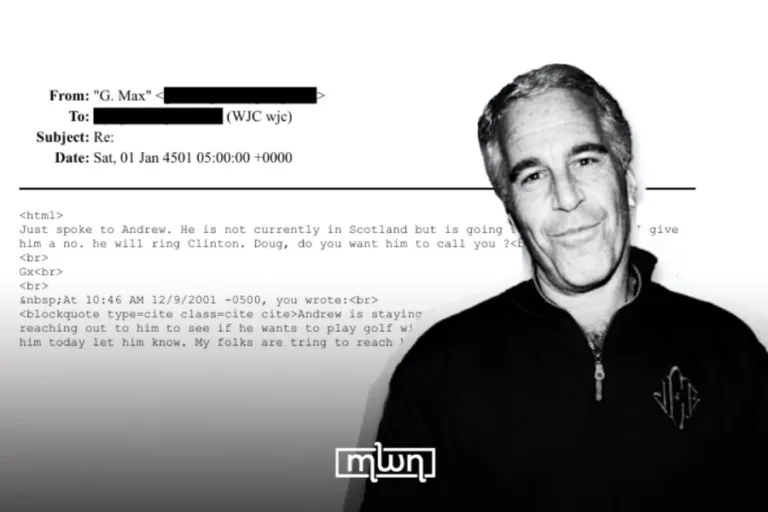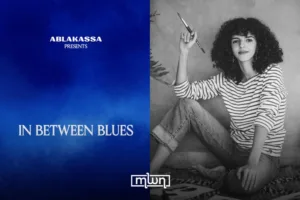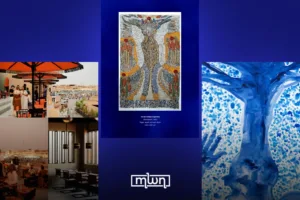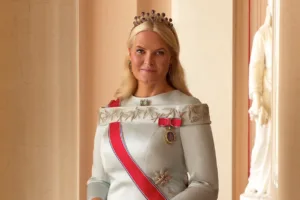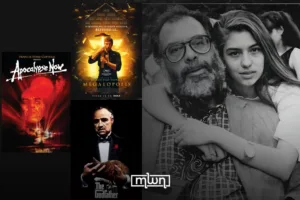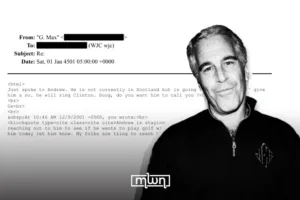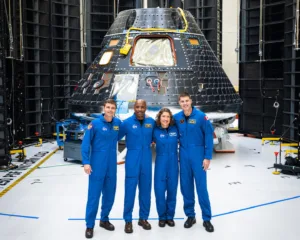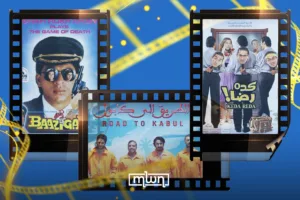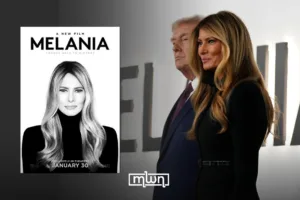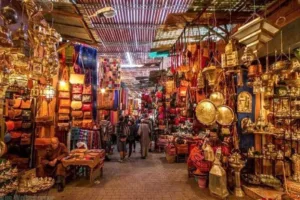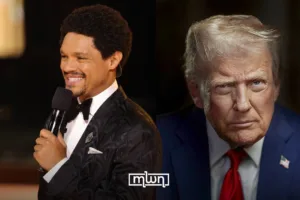Marrakech – Ten creative young filmmakers from the Mediterranean region presented their cinematic projects on Wednesday before an international jury as part of the “Tetouan Workshops” program.
Dedicated to supporting both fiction and documentary feature films, the workshops — now in their third edition — are organized alongside the 30th edition of the Tetouan Mediterranean Film Festival (FCMT).
This year, 10 projects were selected from 138 applications, following a rigorous evaluation process led by cinema professionals and experts.
The initiative represents an important step for young creators seeking recognition in the film industry.
It aims to promote professional and artistic exchanges among emerging talents from Mediterranean countries, with influential figures from the world of cinema and culture in attendance.
Participants were divided into two categories. In the “Documentary” category were Leila Albayaty (France), Ayoub Boudadi (Morocco), Aurélia Makdessi (France), and Fulgencio Martínez (Spain).
In the “Fiction” category, participants included Yassine Fennane (Morocco), Ines Ben Othman (Tunisia), Hamza Atifi (Morocco), Yılmaz Özdil (Turkey), Kenza Tazi (Morocco), and Essam Hayder (Egypt).
The jury comprised Layaly Badr (Palestine/Jordan), a writer and screenwriter specializing in cinematic storytelling; Mohamed Noureddine Afaya (Morocco), a writer and academic focused on artistic creation and cultural transmission; Christoph Thoke (Germany), a renowned producer of international co-productions and film educator; and Ignacio Vuelta (Spain), a filmmaker and producer active in audiovisual project development and talent training.
Moroccan filmmakers Ayoub Boudadi and Kenza Tazi, selected for the program, participated in specialized training to strengthen their skills in presenting and defending artistic projects before expert juries.
The training focused on persuasion techniques, concise communication, and confidence-building to secure support and funding. Both presented feature film projects addressing social issues in Morocco.
Speaking to MAP, Mohamed Noureddine Afaya described the workshops as “a stimulating experience that underscores the festival’s commitment to aesthetic and intellectual choices, giving cinema its true creative dimension.”
He emphasized that this edition showcased projects professionally prepared, both in the complexity of their subjects and the quality of the selection process.
“These workshops provide a rich, useful, and unique experience, reaffirming that cinema remains a field with a promising future,” he added.
“People continue to see cinema as a powerful way to transform reality and forge human connections, restoring humanity in a world often marked by harshness and violence. These workshops are a nursery of new talents, ready to amaze audiences with innovative ideas.”
Screenwriter Layaly Badr praised the program for encouraging young filmmakers to present their projects and receive feedback from professionals and experts, helping them identify strengths and areas for improvement.
She added that the Tétouan Workshops support fresh cinematic perspectives by allowing participants to share original visions.
Abdellatif El Bazi, representing the festival’s leadership, highlighted that cinephilia goes beyond watching, commenting, and writing about films, it reaches its peak when it fosters cinematic production and creation.
He explained that this vision inspired the Tetouan Workshops, providing young creators the opportunity to showcase their projects and connect with film industry professionals.
El Bazi further noted that the third edition of the workshops enhanced the festival’s influence, offering emerging filmmakers encounters with directors, critics, and producers — all essential partners in realizing their artistic ideas.

